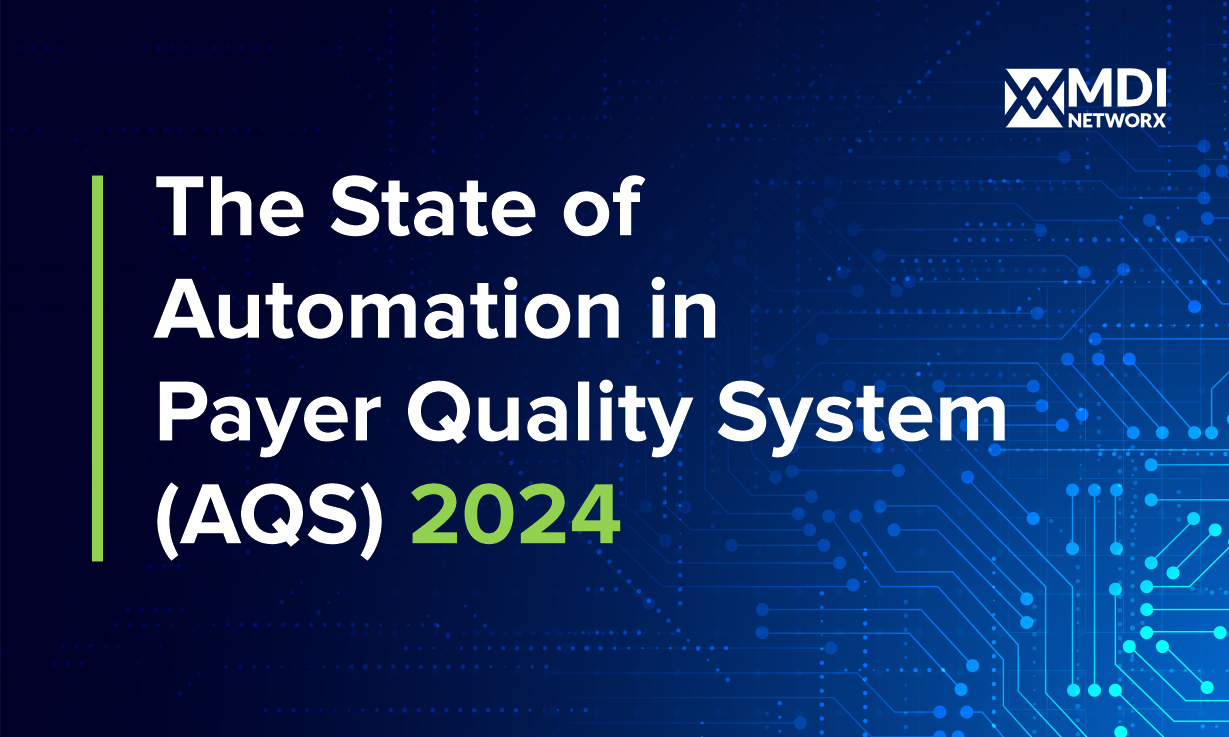As those in our industry know well, healthcare contact centers play a vital role in the healthcare industry. They are responsible for handling patient inquiries, scheduling appointments, and dealing with emergencies.
Healthcare centers must handle these many moving parts, which often come with many challenges. These challenges, when not addressed, can impact the quality of service they provide to patients. Let’s delve deeper and take a look at 5 of the primary challenges healthcare contact centers face. Read on to learn more about these challenges and how to overcome them.
Challenge #1: Managing High Call Volumes
Another challenge faced by healthcare contact centers is high call volumes. High call volumes are caused by a few factors:
- Increase in chronic diseases: Almost half of American citizens are living with at least one chronic condition
- Delay in claims processing: This issue arises when claims submitted by healthcare providers for reimbursement or payment take longer than expected to be processed by the insurance company or payer.
- Incomplete information: Incomplete information refers to situations where callers do not have all the necessary details or documentation to provide a comprehensive explanation of their issue or request.
While there are multiple reasons for higher call volumes, the increased calls often lead to increased wait times, decreased patient satisfaction, and reduced quality of service provided to patients. If a patient has a negative healthcare call center experience, they are less likely to return.
Self-service technology can help healthcare contact centers manage these high call volumes. These can include online appointment scheduling and prescription refills. This can reduce the number of calls the center receives and provide the patient with efficient care. As healthcare contact centers hire quality employees and improve their internal communication, they will also be able to move efficiently and manage higher call volumes.
2. Ensuring Patient Privacy and Security
Protecting patient privacy and security is not just courteous, it’s the law. Compliance regulations are put in place to protect patient privacy and ensure that healthcare providers are following the law.
While compliance regulations are crucial for a patient's privacy, they can also add more paperwork and tasks outside of patient calls. When healthcare workers have to spend extra time managing this paperwork, it can increase the time it takes to manage a patient's inquiry.
3. Managing Complex Inquiries
Contact centers in healthcare are faced on a daily basis with managing complex inquiries from patients, healthcare providers, and other stakeholders. These inquiries can range from medical inquiries requiring specialized knowledge to billing and insurance-related questions. Managing such complex inquiries requires skilled agents and efficient processes to ensure accurate and timely responses.
4. Coordinating Care Across Multiple Providers
Coordinating communication across various channels including emails, phone calls, faxes, and electronic health records (EHRs) from various providers is difficult in and of itself, let alone understanding the complex and varied plans offered by each provider and how they apply to a patient’s unique healthcare needs. With multiple providers as well as plans and methods of communication, it is apparent that miscommunication and potential errors in planning and executing appropriate care for patients are highly possible.
Consolidating communication to one platform is the only way to ensure smooth information exchange and a central database of patient stats. This can enhance efficiency by removing the potential for mistakes.
5. Keeping Up With Changing Technology
Technology integration is essential for ensuring that healthcare contact centers can provide patients with the most up-to-date information and services. When contact centers have yet to integrate technology into their standard operating procedures, healthcare workers will move slower, decision-making can be slow and inaccurate, and patients may not get the most accurate care that they need.
Contact Centers may use outdated technology, and may not have efficient IT support when things go wrong. Because of this, technology may run slower and may break down without efficient support to fix it. This can impact patient wait times and the productivity of healthcare workers.
Healthcare contact centers can improve greatly by upgrading their technology and improving their support. The improved technology can lessen the chance of issues arising, and the increased IT support will ensure any issues will be addressed quickly.
Investing in new technology is crucial to keeping up with the changes in the healthcare industry, as well as improving customer loyalty and care.
Healthcare Contact Center Best Practices
1. Prioritizing Patient Experience
Long wait times, low quality of care, or trouble communicating, can all lead to a patient leaving with a poor customer experience. This experience can impact how they view the contact center, and they may refuse to return. Increasing patient satisfaction is crucial for contact centers to improve customer loyalty and protect the reputation of the healthcare organization.
One of the main ways to improve patient satisfaction is customer service training. This can improve how healthcare providers communicate with patients. This way, patients feel heard and cared for. It is also important to continuously take feedback from patients. This will not only give them an outlet for when they are displeased, but when changes are implemented based on the feedback, it can make them feel heard. By soliciting feedback from patients, healthcare contact centers can identify areas for improvement and make changes that will make a direct impact on patient satisfaction.
2. Building A Strong Team
One of the biggest challenges faced by healthcare contact centers is staffing shortages. Staffing shortages can be caused by a variety of factors. Many healthcare workers have resigned from their positions because of low salaries, lack of appreciation, or burnout. About 60% of clinicians in 2021 reported experiencing burnout. With a higher turnover, healthcare companies are challenged with finding qualified applicants to fill in the gaps.
Staffing shortages can impact healthcare contact centers by increasing wait times, decreasing patient satisfaction, and reducing the quality of service provided to patients.
To overcome staffing shortages, healthcare contact centers can implement strategies such as increasing salaries, offering benefits, and improving the work environment. These improvements can help retain employees and attract new, qualified applicants.
3. Measuring Performance
Training and development are critical challenges faced by healthcare contact centers. When healthcare workers have proper training and development, they will have the confidence, skills, and knowledge they need to provide quality service to patients.
Thorough training for every new hire can ensure they will provide efficient and quality service to patients. However, as the industry constantly changes, as does new information to add to the training. It's important to ensure that all employees, new and old, keep up with the latest technology and customer service training. This way, every healthcare provider is able to give patients the top-notch care they deserve.
To provide effective training and development, healthcare contact centers can:
- Implement strategies such as providing ongoing training and development opportunities
- Create a culture of continuous learning
- Invest in staff development.
4. Streamlining Processes
When there is a lack of standardization in a contact center, it can create varying experiences for patients. Some patients may not get as thorough care as others, and a lack of standardization can lower productivity. Lack of standardization may be due to a lack of training, lack of policies and procedures, or lack of communication regarding these procedures.
To establish standardization, healthcare contact centers can make sure their policies and procedures are known throughout the team, implement more training, and audit healthcare workers to ensure they are sticking to the proper procedures. A great way to ensure consistency is by having agents adhere to a healthcare call center script when addressing general inquiries.
5. Staying up-to-date with industry trends and compliances
Compliance software can help to ensure contact centers comply with state and federal regulations while remaining efficient. This software can help gather crucial client information while remaining HIPAA compliant and saving healthcare call center agents precious time.
This software is also designed to alert industry professionals about new laws, upcoming compliance deadlines, and other vital information. By staying up-to-date with healthcare contact center trends, healthcare businesses can stay a cut above the competition.
Overcome Challenges in Healthcare
Healthcare contact centers face many challenges, and addressing the challenges is crucial to improving patient care. MDI Network can help healthcare contact centers upgrade their technology and promote continuous innovation within the contact center. With real-time data analytics, you can be quick to make decisions and receive all the information you need for continuous improvements. Visit us online to learn more.




